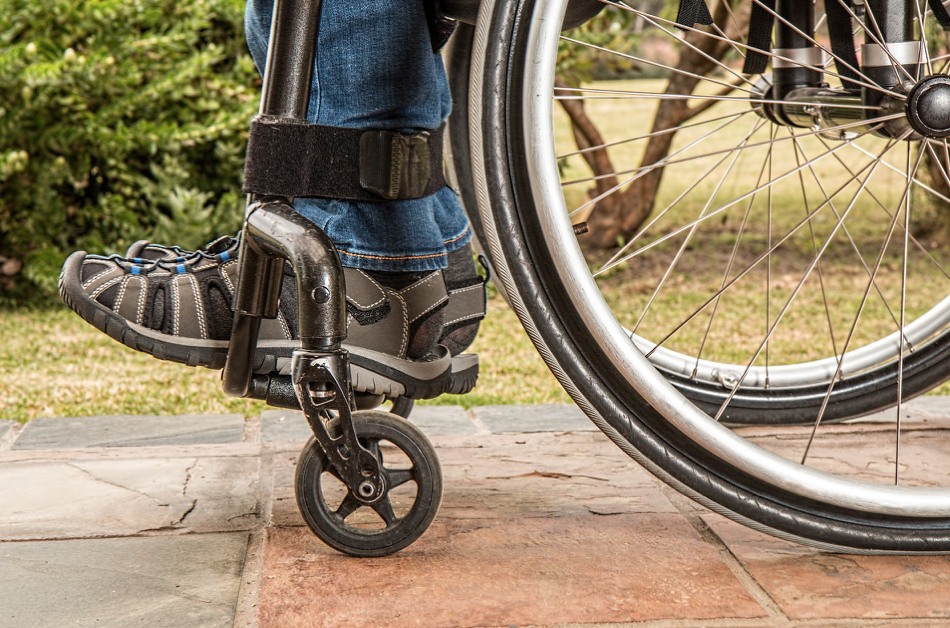The most obvious way to prepare for a hearing, of course, is to hire a Social Security Disability attorney. They will help you prepare the documents necessary for your specific case.
It’s natural to have a lot of anxiety about your Social Security Disability hearing, but knowing the facts and what you can expect may relieve some of that. It is crucial to go into your hearing calmly. Read on to learn how to prepare for your Social Security Disability hearing.
General Information About the Hearing
There are two terms you should be familiar with as you go through this process because you will be hearing them a lot: Administrative Law Judge (ALJ), and Office of Disability Adjudication and Review. The Office schedules Social Security disability hearings and appeals, and sometimes will even schedule video conferences. ALJs are federally-appointed judges who make decisions on administrative proceedings.
Who Will Be At My Hearing?
Present at your hearing will be the clerk, judge, any expert witnesses (such as medical experts), your attorney, and yourself. The expert witness will have already reviewed your file and will give their opinion on your ability to work and financially provide for yourself. They will assess what your physical limitations are and if there is a possibility of recovery or not.

A vocational expert may also be present. They will provide an assessment of your mental wellbeing, and whether or not there is a job or vocation available to you despite your disability or emotional condition. If your movement is limited, for example, then they will be able to provide examples of occupations that could be suitable given those restrictions.
The Recording Equipment
Your hearing will be recorded. If the hearing assistant or verbatim hearing reporter (VHR) notices a problem with the equipment, then they must notify the ALJ. If you do not speak loudly or clearly enough, you may be asked to repeat what you’ve stated.
Prepare For Your Hearing
Before going into your hearing, it may be helpful to have a checklist so your day can run as smoothly as possible:
- Bring your valid and current photo ID to present at the security checkpoint (driver’s license, passport, or another legal ID card)
- Be prepared to be searched, and leave any prohibited items at home or in your car
- Have any last-minute questions written down
- Stay calm. The expert witnesses might rattle you by suggesting that you are abler than you seem. When you are called to testify, remember to breathe in, think about the question, and speak slowly. This will help you stay level-headed while you are being cross-examined.
The most obvious way to prepare for a hearing, of course, is to hire a Social Security Disability attorney. They will help you prepare the documents necessary for your specific case. You will want to pick an attorney with a track record of success. To learn more about an attorney who will fight for your rights, visit pisegna-zimmerman.com.
The Order in Which Things Happen at the Hearing
After going through security, you and your attorney will be directed to a waiting room until your case number is called. During that time you will have a few moments to ask any last-minute questions you had. Then you will be brought into a large room, and the judge will be prominent on a raised platform. Typically, there is no jury.
After opening arguments from the attorneys on both sides, the expert witnesses will give their testimonies. Then you will be asked to go to the stand and undergo cross-examination. Before the judge makes the final decision, your attorney will have an opportunity to make closing arguments. The whole process generally takes less than an hour.


Join the conversation!